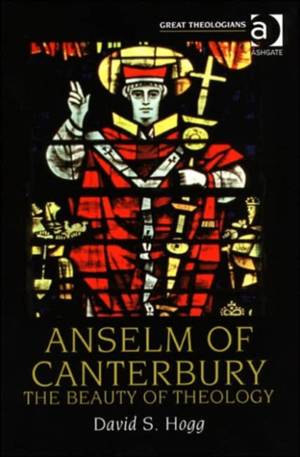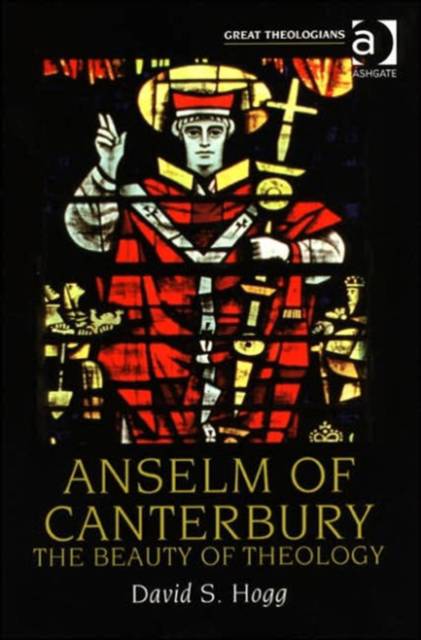
Door een staking bij bpost kan je online bestelling op dit moment iets langer onderweg zijn dan voorzien. Dringend iets nodig? Onze winkels ontvangen jou met open armen!
- Afhalen na 1 uur in een winkel met voorraad
- Gratis thuislevering in België vanaf € 30
- Ruim aanbod met 7 miljoen producten
Door een staking bij bpost kan je online bestelling op dit moment iets langer onderweg zijn dan voorzien. Dringend iets nodig? Onze winkels ontvangen jou met open armen!
- Afhalen na 1 uur in een winkel met voorraad
- Gratis thuislevering in België vanaf € 30
- Ruim aanbod met 7 miljoen producten
Zoeken
€ 70,45
+ 140 punten
Uitvoering
Omschrijving
Anselm is a major figure in theological, philosophical and historical studies. This book provides a fresh approach to the study of this great figure; one which provides critical interaction with current critical thinking whilst arguing in favour of the idea of theological unity in Anselm's corpus. Exploring the Proslogion, but also more 'minor' works, David Hogg interacts with the theological content of Anselm's writings: showing how Anselm's ontological argument fits into the wider context of his theology; comparing the holistic approach of Anselm's thought with that of other medieval personages and fitting him into the wider medieval context; and revealing how Anselm's theology integrates the atonement and questions of predestination, the fall of the Devil and free will, and other issues. The book concludes with an assessment of the impact of Anselm's theology during his own time, and the continuing effect his thinking has had on succeeding centuries of theological development.
Specificaties
Betrokkenen
- Auteur(s):
- Uitgeverij:
Inhoud
- Aantal bladzijden:
- 218
- Taal:
- Engels
- Reeks:
Eigenschappen
- Productcode (EAN):
- 9780754632320
- Verschijningsdatum:
- 28/12/2004
- Uitvoering:
- Paperback
- Formaat:
- Trade paperback (VS)
- Afmetingen:
- 156 mm x 233 mm
- Gewicht:
- 335 g

Alleen bij Standaard Boekhandel
+ 140 punten op je klantenkaart van Standaard Boekhandel
Beoordelingen
We publiceren alleen reviews die voldoen aan de voorwaarden voor reviews. Bekijk onze voorwaarden voor reviews.











